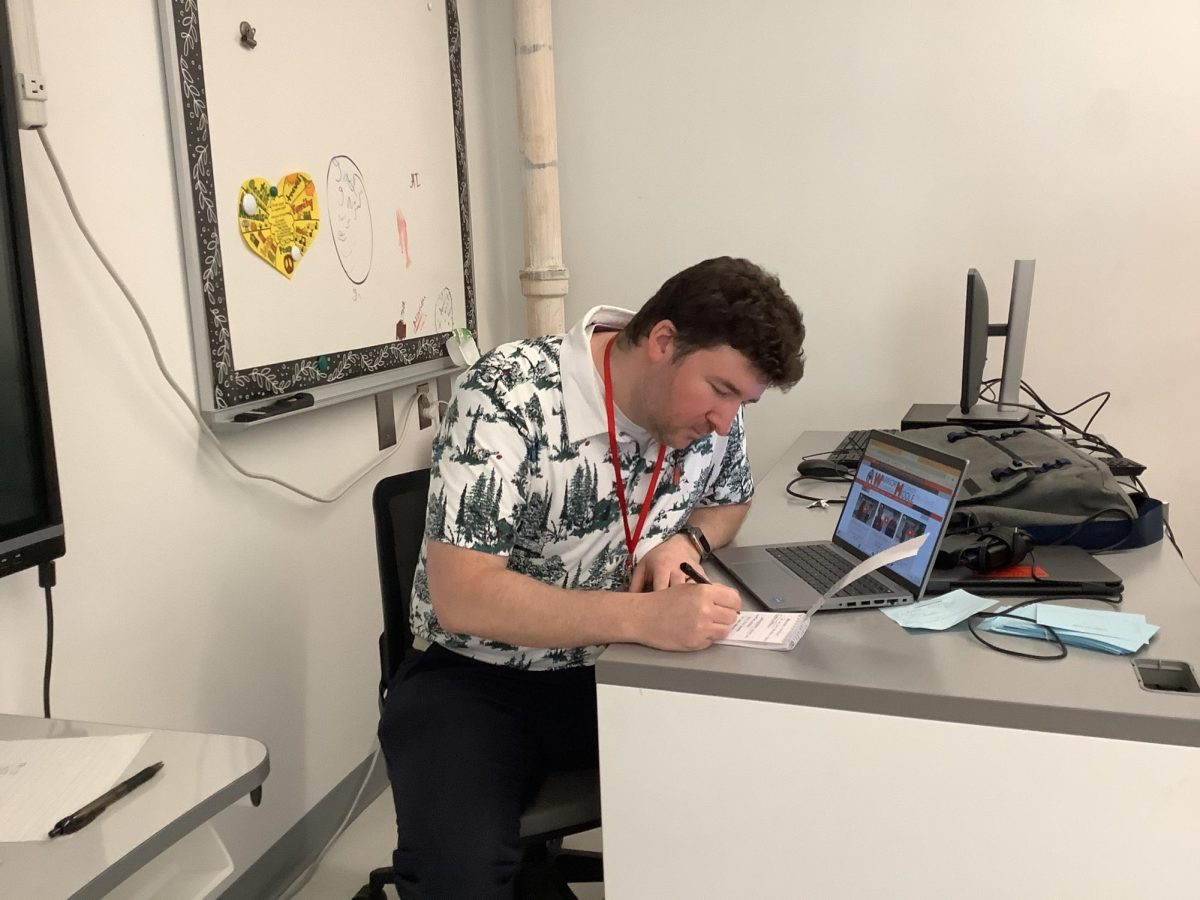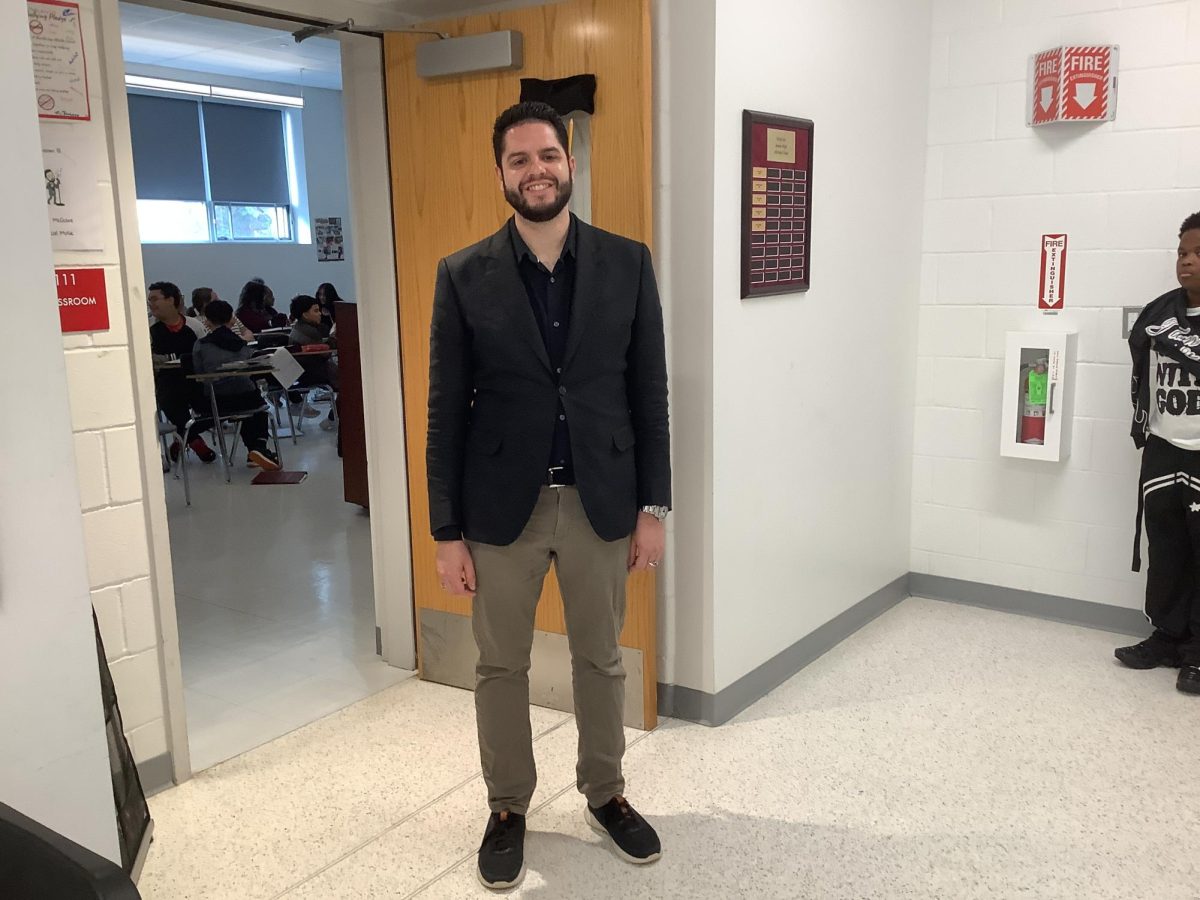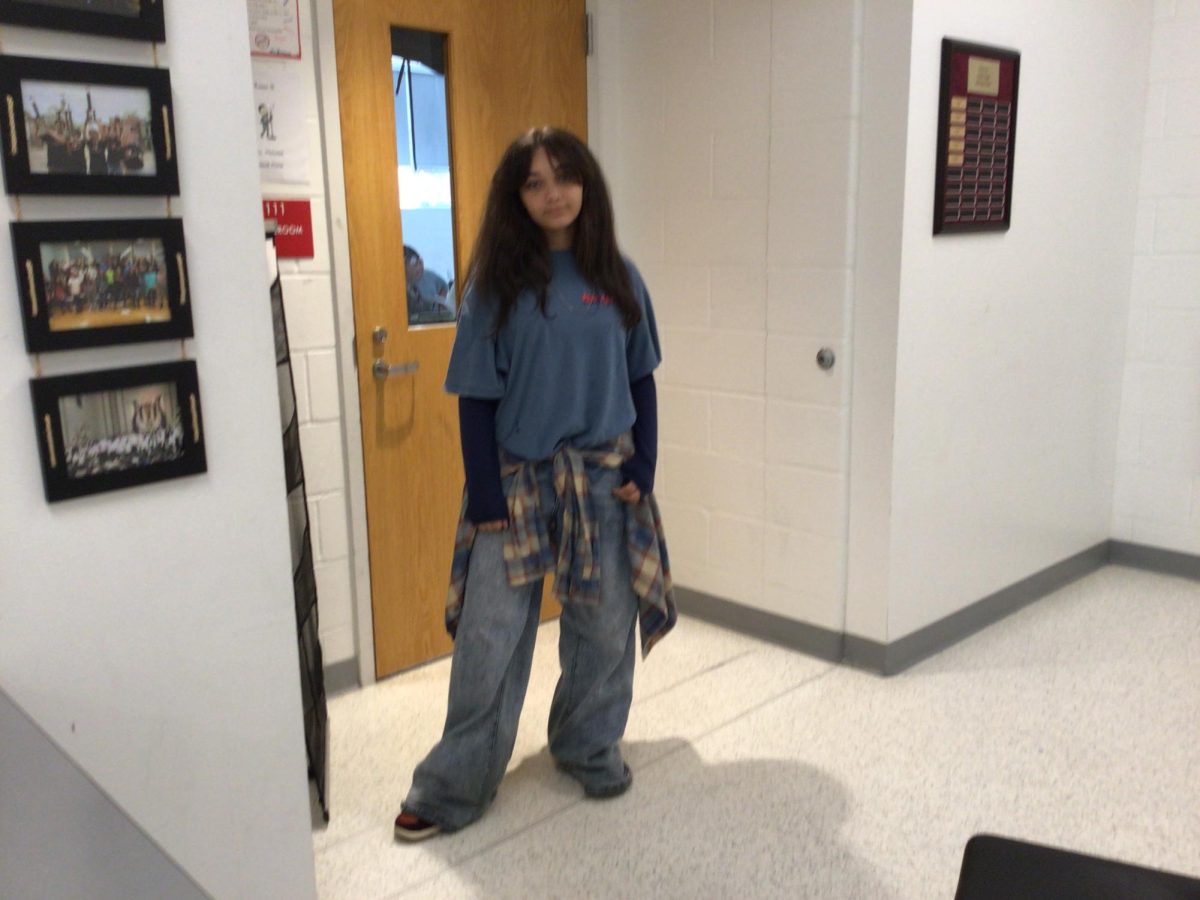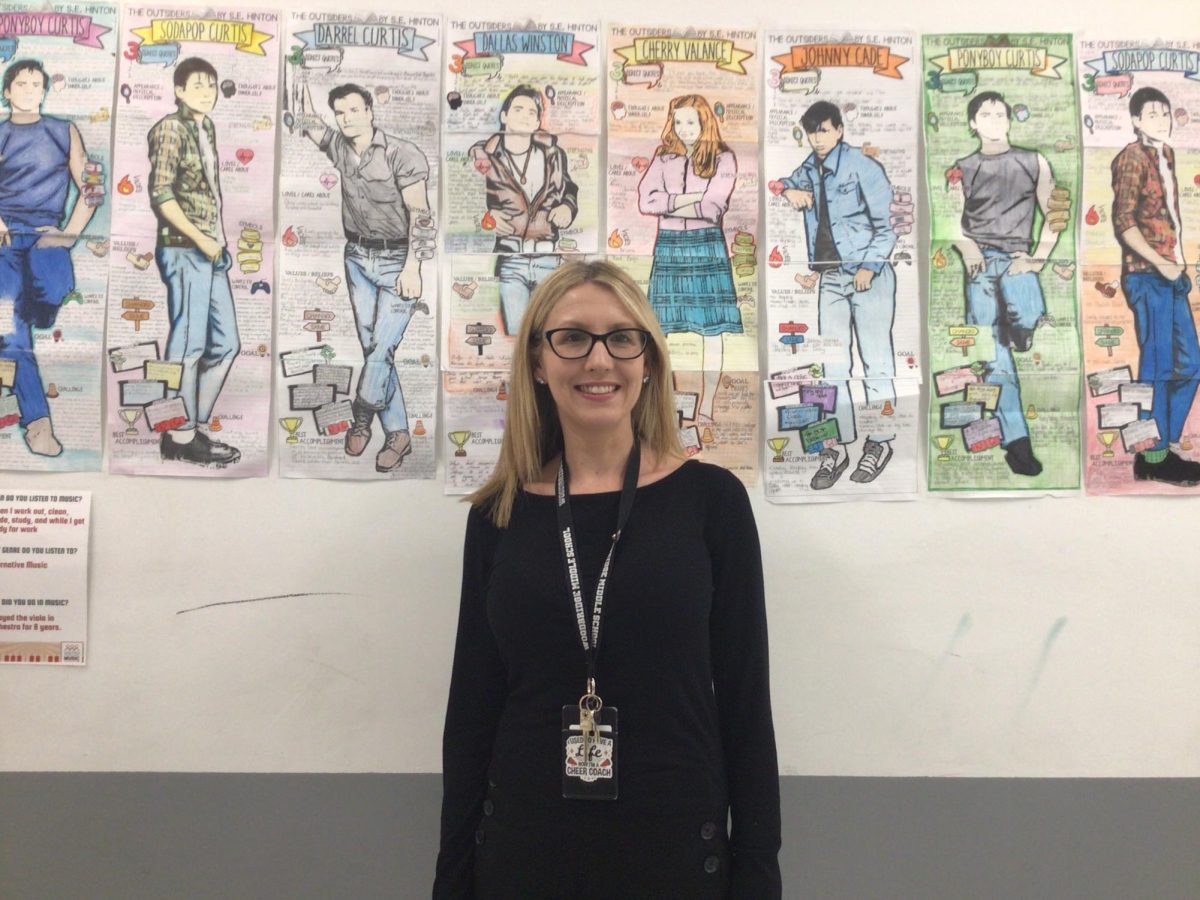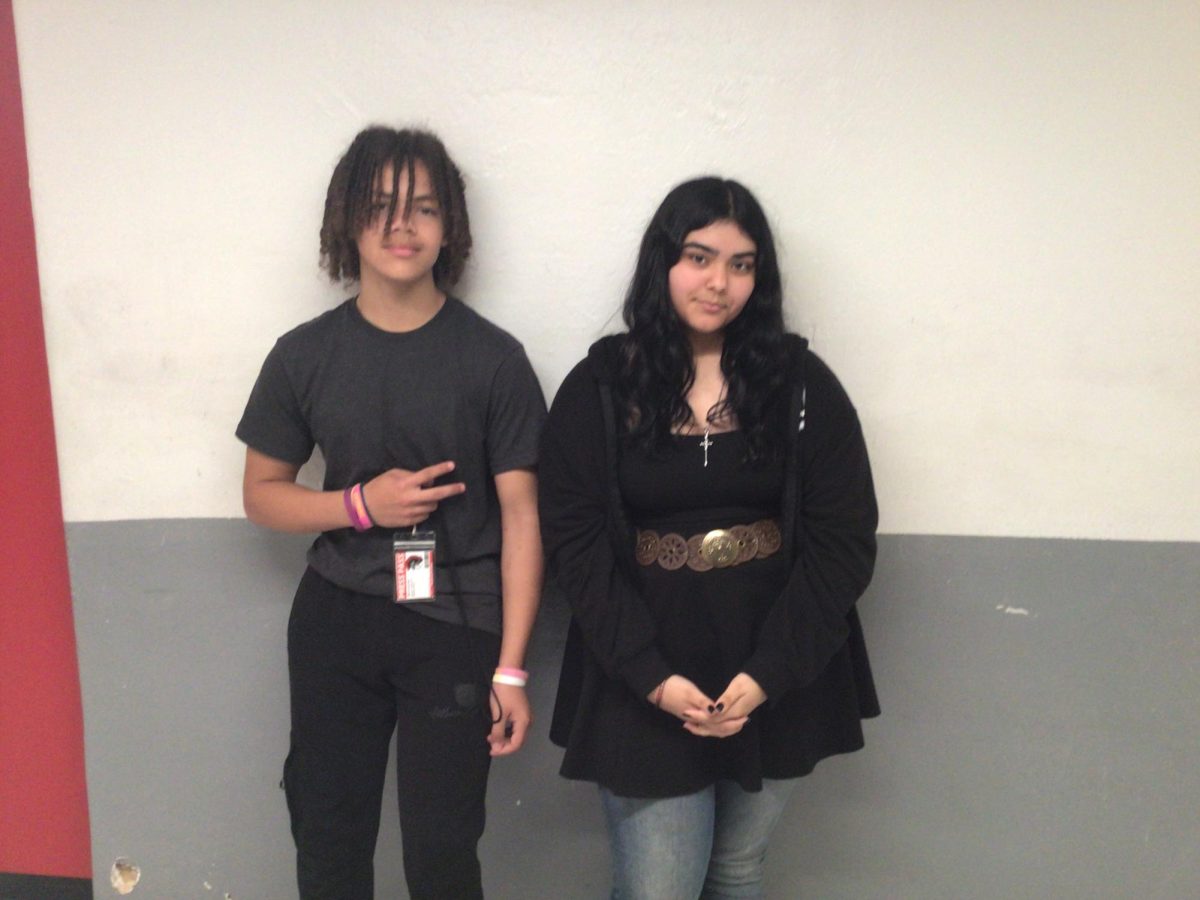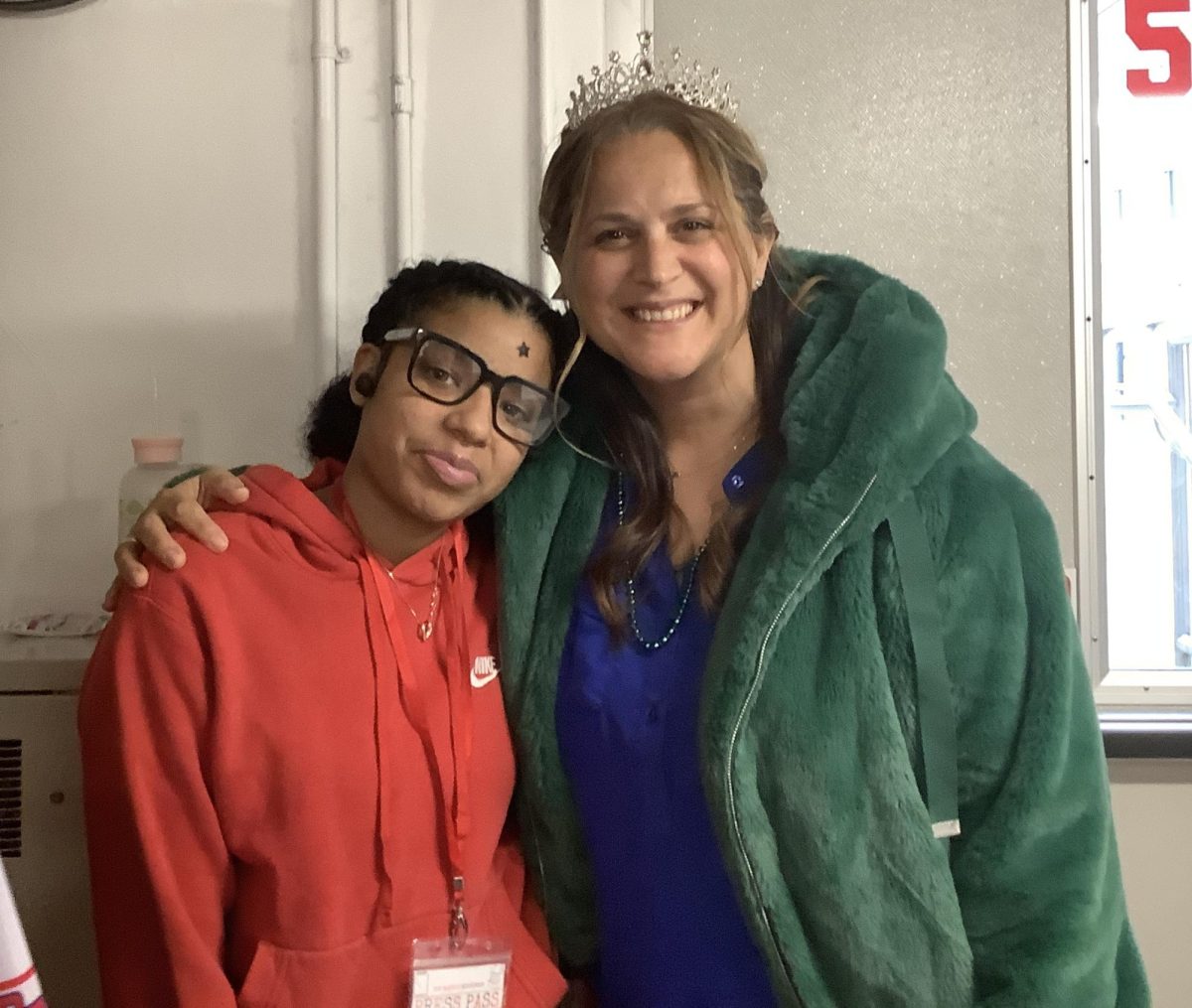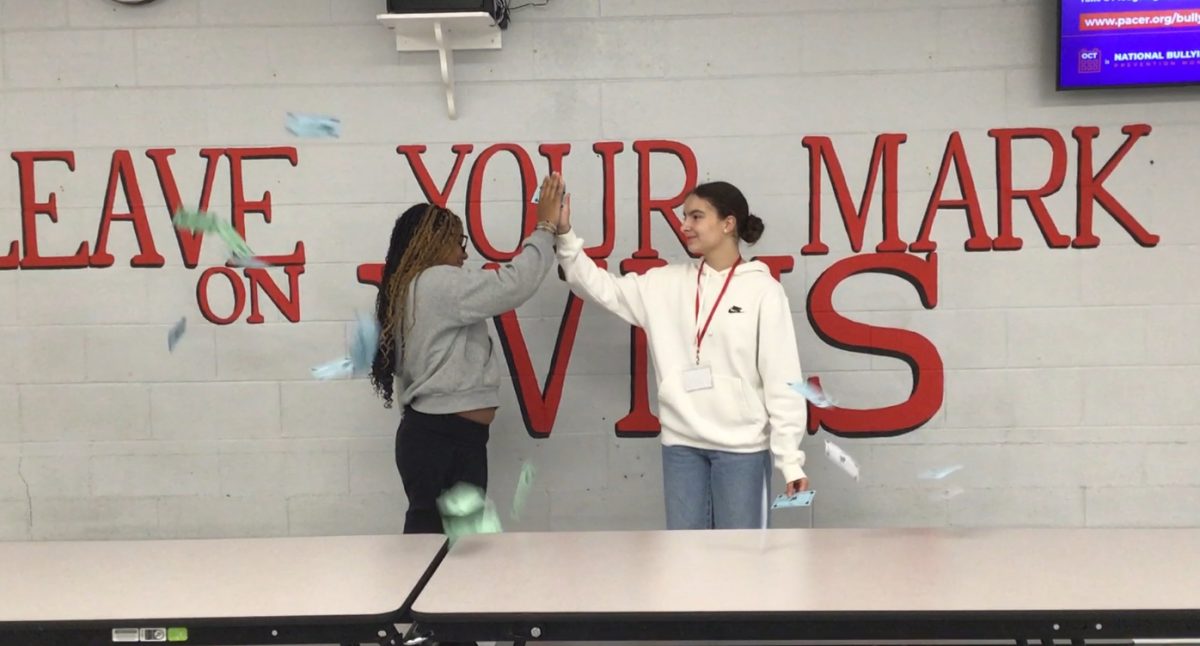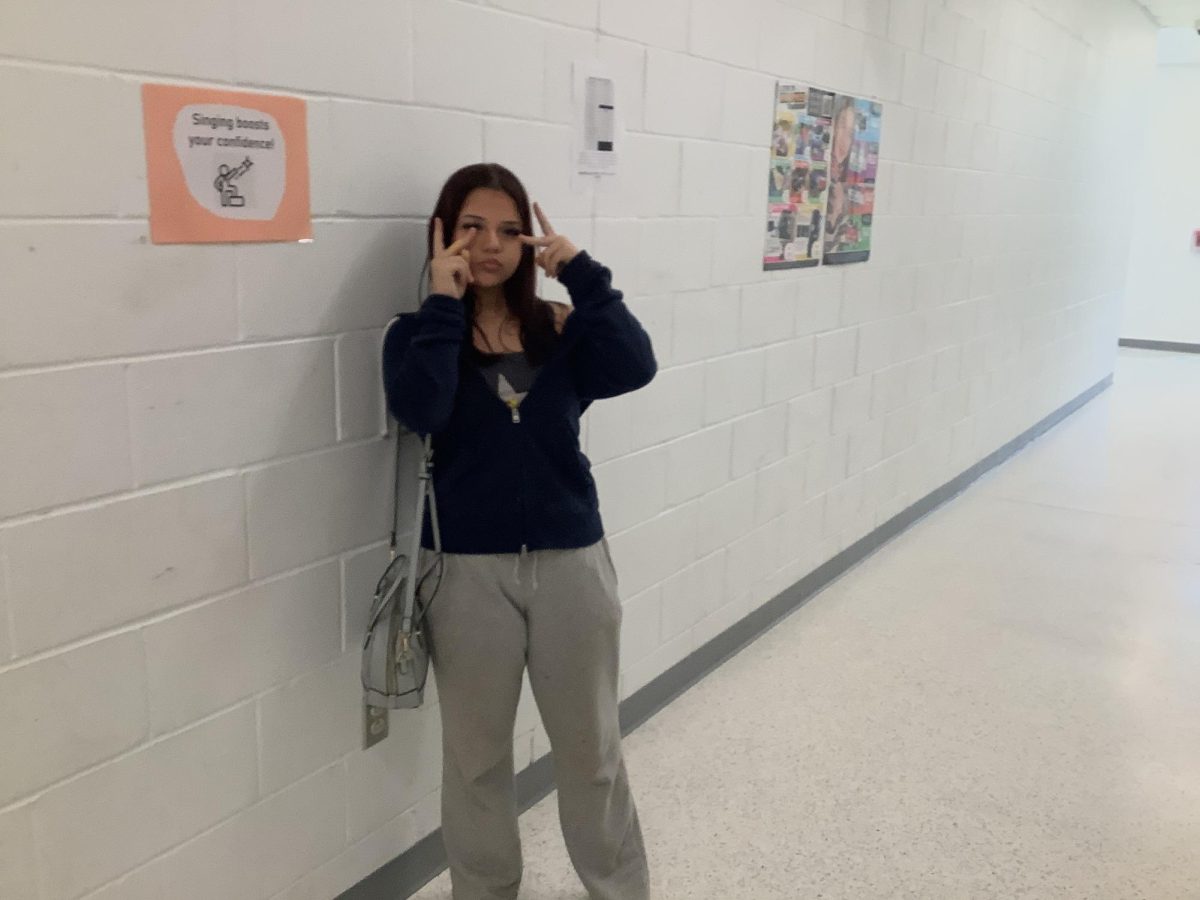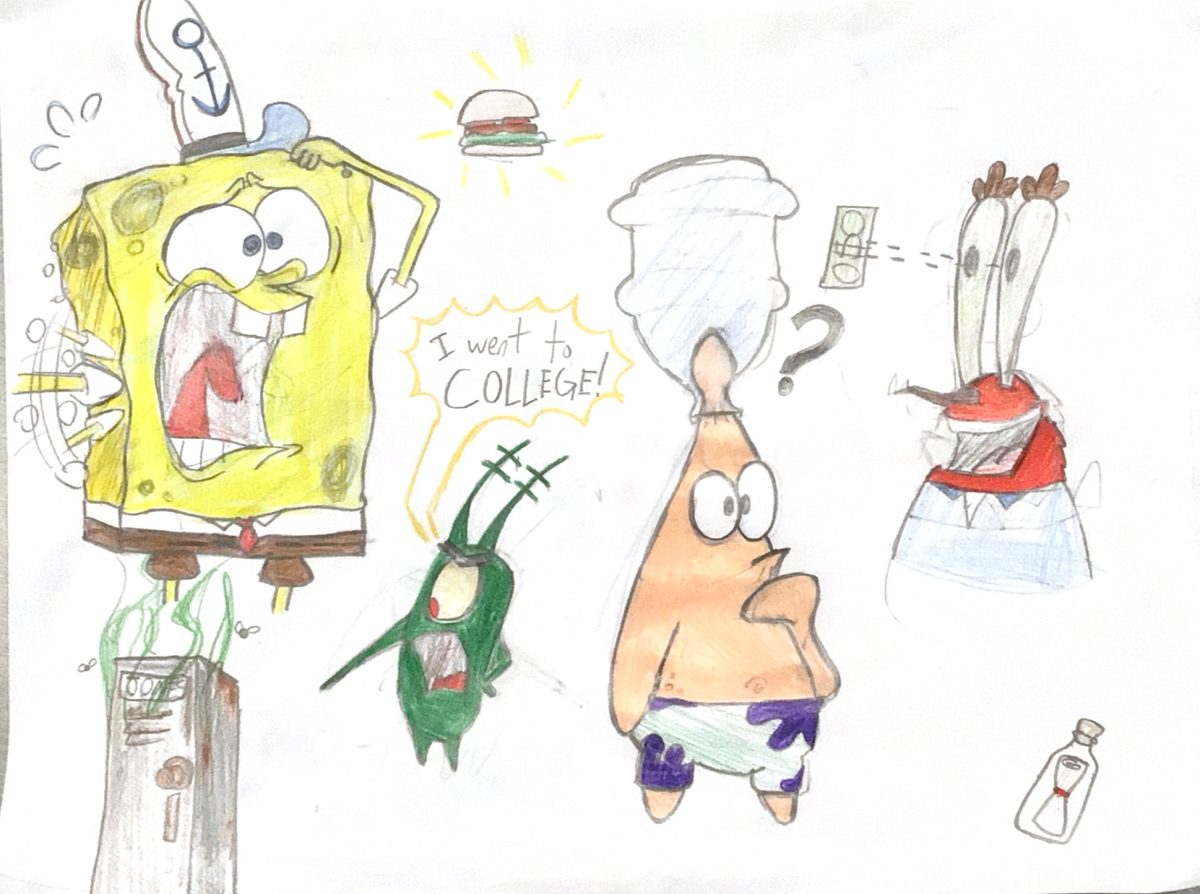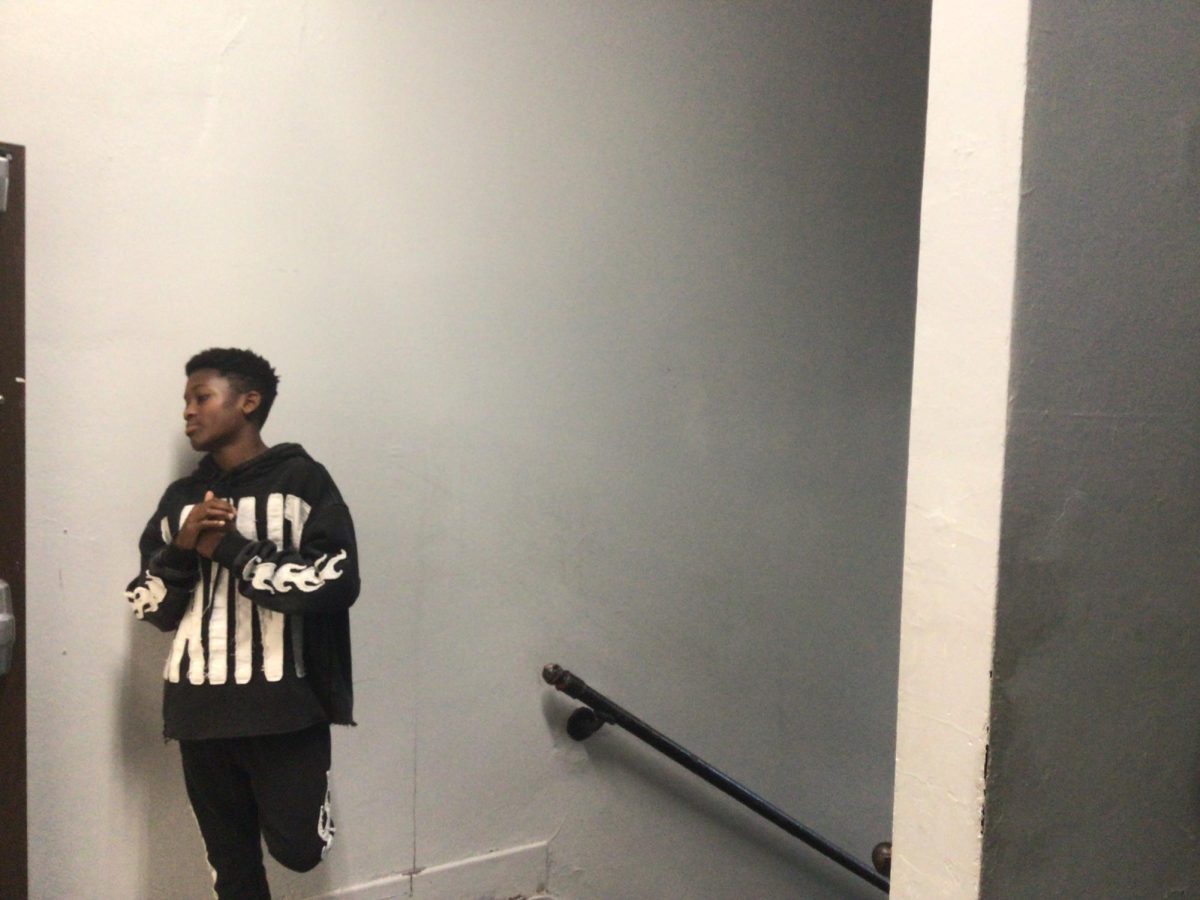The following transcript of the interview given by Mr. Malmstrom to Arjan Kaur, Nina Bragg, and Dayana Reyes of the Warrior Messenger about journalism.
ARJAN KAUR: What inspired you to teach journalism?
MR. MALMSTROM: It all started because a teacher had an idea to write a newsletter about what’s happening at WMS written by the teachers and when they came up with that, [I thought] it would be better if students did it. Then I found out that they had a journalism program at Colonia High school and Woodbridge High School, then I met with both of the teachers and I developed the class with them. Dr. Crow, the previous principal said it was a good idea and said that we could start it cause we started having more electives so that’s really where the idea came from. I thought it would be way cooler to have students write about the school more so than teachers to be a great activity for them.
NINA BRAGG: When did you become a journalism teacher?
MM: 2016 was the first year I started teaching.
DAYANA REYES: What is the best part of being a journalism teacher?
MM: The days go by really fast, because every class and every student is working on something different and that’s something I love. The diversity of work I get to do, and also my favorite thing about it is getting students to do something that they want to do. I’m a believer that writing is best done and students learn how to write better when they write something they are passionate about and they are writing something they care about. My favorite thing about the class is that I provide for them to do things they actually want to do. So I think they learn better because they, again you guys are learning by doing and you’re also working on things that you want to. So this is what I like most about it. I also love teaching professionalism and how to be really good and professional when you go to the workplace and this class is really going to help you a lot and your getting experience that a lot of students are not getting. So you’ll know how to do that.
AK: What qualities make a good journalist?
MM: I think number one you have to be a good listener because if you’re not listening to things around you then you can’t report on that. I also think that you can’t be selfish. You need to be thinking about other people because your job is to share information from others around you and around the world. So, you need to put your own agenda, your own feelings and thoughts aside and highlight other people. So, I think those two factors are really important. You also, I think, need to be naturally curious. A naturally curious person about the world, because someone that is naturally curious will discover things people have never discovered before. So yeah, I think those three things are incredibly important. Obviously I think professionalism is also super important.
NB: Was journalism always open to you throughout your life?
MM: No, when I was younger and in middle school, I didn’t think about anything like that. I had to do current event stuff. I did have a teacher in high school that gave us extra credit for watching the news and writing about it. So that was really cool. This really came as a passion kind of like in the middle of my teaching career. When this idea came up, and I went to the high schools and saw how the programs were and I was like ,“This is going to be perfect for students in middle school.” A lot of people didn’t think we could do it in middle school, they didn’t think that students would be mature enough and here we are with sixth graders, you guys are doing a fantastic job, so clearly you guys are mature enough to do it. One of my best friends, his wife, went to Columbia for journalism and so when I started this, I went in and sat down with her and wrote a curriculum. So, she’s someone that actually practices journalism. So, everything that we do here is based on things that journalists really do. So, I didn’t get it from the internet, I actually interviewed real journalists. That’s where it became more of a passion for me. Shout out to my friend Yulia for helping me out.
DR: What difficulties have you been through?
MM: Learning how to organize something like this is incredibly difficult. Working with so many different people, teachers, administration, getting students to buy into it and getting students to make sure they understand the rules and everything. The hardest part for me is because every student works on something different. I have a million questions at all times. You guys have seen me being busy, I’m busy the entire class. There’s really no down time for me, so that can be difficult. That’s why we have it as a rule, you have to try to problem-solve on your own or independently.
AK: Do you try to inspire journalism to other people?
MM: Yeah, absolutely, I mean that’s why I’m teaching the class. I think that right now we’re in a world that we almost have to much information on our fingertips and that can be overwhelming so I think in journalism is important to learn that you need to check all your different sources and that you shouldn’t just believe things that people say and you shouldn’t even if you see something on Twitter, you can’t just believe what they say, you need to know the research that goes into it and you need to understand that information is a commodity, meaning that is shared amongst people and people need to understand that you can’t just trust what you see immediately.
NB: How long have you been teaching journalism?
MM:8 years

